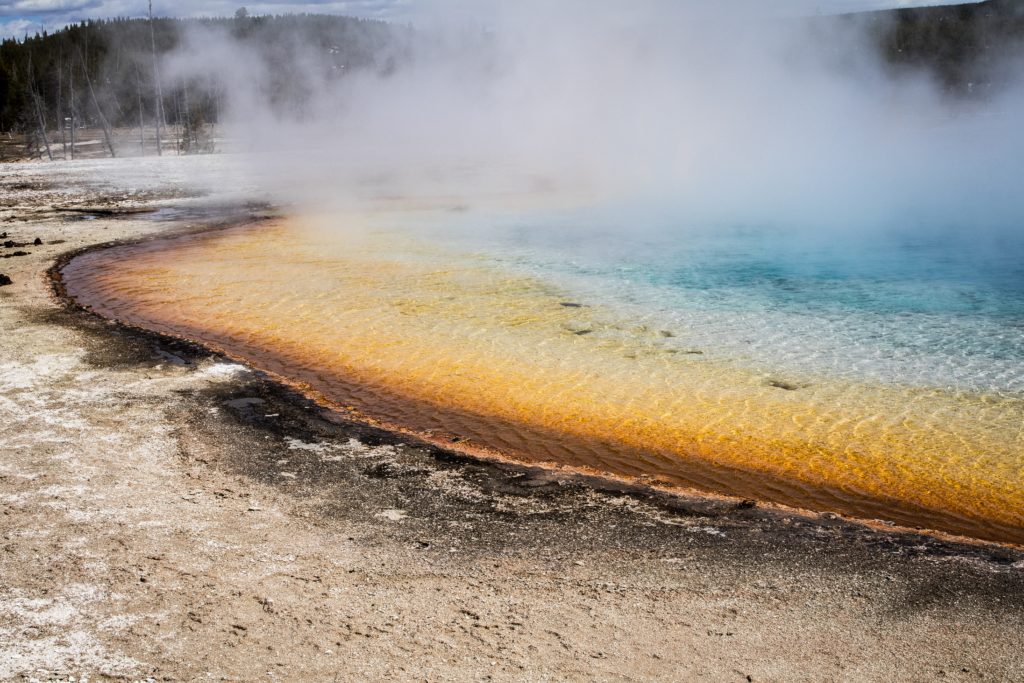To be in hot water

What does it mean?
To be in hot water means to be in trouble for something. In other words, someone has done something which has upset somebody. It could also mean to receive a lot of criticism for something. A husband may find himself in hot water with his wife, or vice versa, and governments might find themselves in hot water with the public. It may sound sexist, but when it comes to couples, we’re perhaps more likely to talk about a man being in hot water with his wife or girlfriend.
Where does it come from?
As with many idioms, the origin of this one is unknown. The use of hot water to signify trouble has been used since the 16th century, however how this came about is a matter of speculation. One possible explanation is cooking as someone who perhaps accidentally came into contact with boiling water would find this very unpleasant, just as the feeling of being in trouble.
Probably not the explanation, but certainly a colourful image is that of a person being cooked in a cauldron. That would certainly be a troublesome position to be in.
How can I use it?
We might use this phrase to say someone is in trouble now. If someone is in trouble with us, we can say this directly, but if we are commenting on a situation as an outsider, we would probably use a phrase like “looks like”:
- He’s in hot water right now.
- Looks like John’s in hot water again!
Since being in hot water is something we’d probably rather avoid, we can use it in conditional sentences, or with some modal verbs and “or”. For example:
- I’d better go or I’ll be in hot water with the wife.
- You’ll be in hot water if you’re late again.
- I’d be in hot water if my boss caught me doing that.
We don’t only use the verb to be in this idiom. We very often use the verbs “land” or “find” with a pronoun. For example:
- Her recent comments landed her in hot water with HR.
- The minister found himself in hot water following his twitter post.
- The company finds itself in hot water after firing a third of its employees.
There are a few prepositions that often follow this phrase. You may have noticed these above. Firstly we can use “with”, to say who we now have problems with. Secondly, when saying someone found or landed themselves in hot water, we can use “after” or “following” to give the reason. We can also combine the two in which case with tends to come first. For example:
- He’s in hot water with HR.
- She finds herself in hot water after missing a drugs test.
- He’s in hot water with voters again following the recent scandal.
What are some examples?
- Uh-oh. Looks like John’s in hot water again! I wonder what he did this time.
- I’d better go or I’ll be in hot water with the wife. She hates when I’m late.
- I’d be in hot water if my boss caught me doing that. But, if you think it’s a good idea, go for it.
- The minister finds himself in hot water today following his comments about pensions.
- A professional footballer has found himself in hot water after failing to attend a mandatory drug test.
What are some similar or related expressions?
to be in a pickle
to be in a tight spot
to be up the creek (with no paddle)
to be in Dutch
Don’t Miss A Thing!
Thank you!
You have successfully joined our subscriber list.Photo by Brandon Mowinkel on Unsplash




